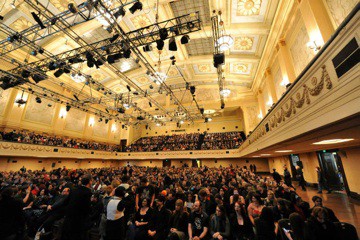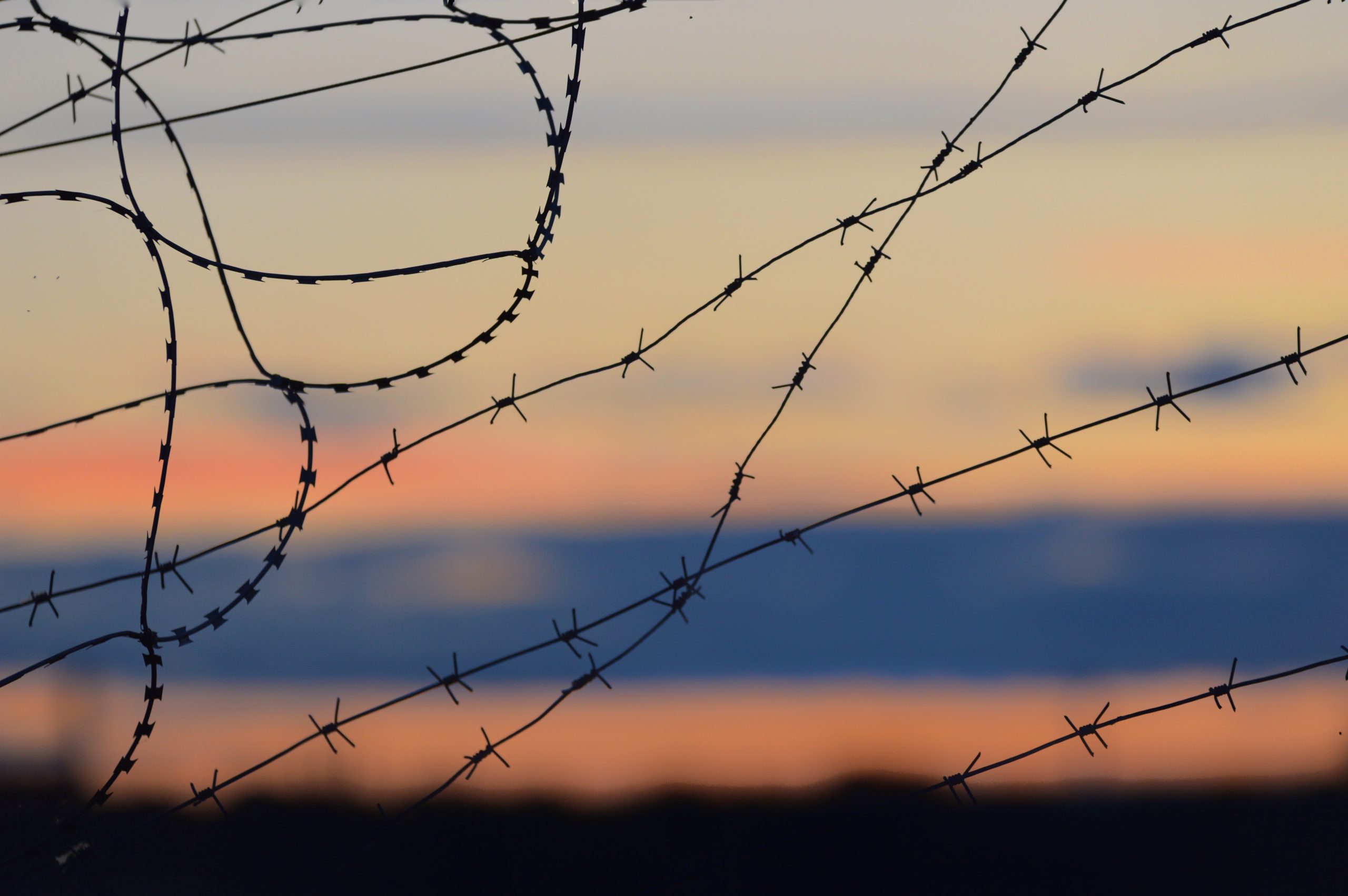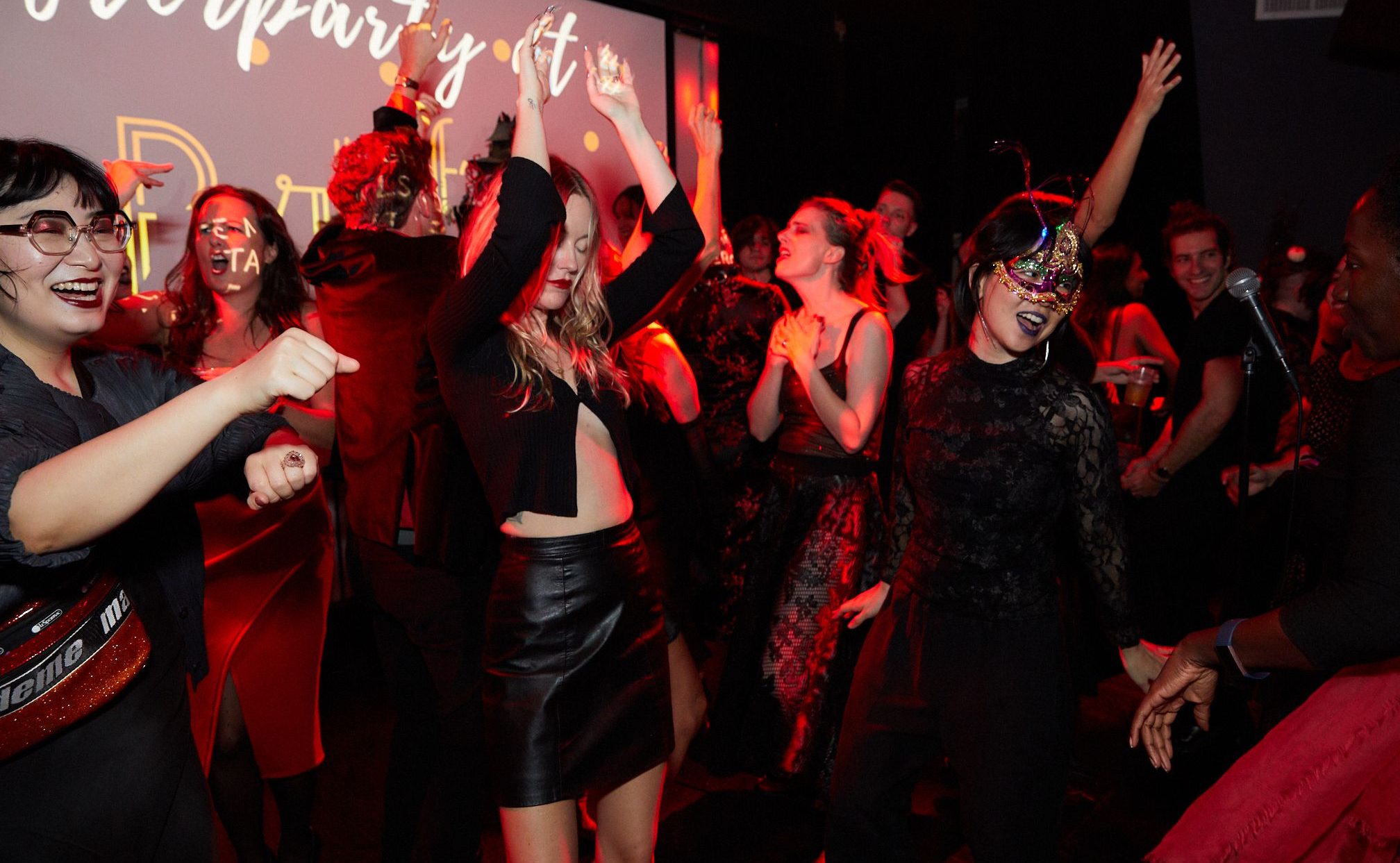news
TALES FROM THE MELBOURNE WRITERS FESTIVAL

1. Guests pile into the Melbourne Town Hall on the opening night. Joss Wheadon, the man behind the cult television series Buffy, gave a late night keynote address. 2. DBC Pierre reads his work as part of Dog’s Tails, a story telling night held at a dark Melbourne bar. Pierre’s new book, Lights out in Wonderland, was launched during the festival.


If DBC Pierre wasn’t twelve scotches into a bender before he went on stage, I have lost a substantial wager. The guy won a Booker prize, I get it, he’s a locomotive of ability. I also get the whole Hunter S. Thompson drunk-while-being-funny-on-stage-thing. The lighting was low, adding to the vibe, and having the story telling event held at the Toft in Town, one of Melbourne’s most exhausting bars to find, also added to the drama. But I did like his voice, which at times thought would be better suited to one of those fragrance adds, where Orlando bloom rolls around in the sand trying to nail Miley Cyrus. A great voice — really exceptional. But the story he told about lizards drinking at bars, losing their limbs like lizards obviously would, was achingly confusing, and ten minutes later, I was still unsure what to think. When he finished, I guess I finally got it, as much as one could get DBC Pierre’s insanity. I had a suspicion I could see what all the fuss was about, though, from listening to the oooh’s and ahhhh’s as Pierre made cracks about being half drunk. He’s a lunatic, clearly. A wonderful, adorable, admirable lunatic, but totally off the reservation. The festival committee was wise to bring him out, Melbourne loves that shit. To some degree the crowd fitted to his style perfectly. Melbourne is the hipster capital of Australia, and the audience was made up of equal quantities of irony and fixed gear bicycles, I’m guessing, his people. After DBC swam off stage in a drunken whoosh, the audience clapped the precise number of times they heard his name mentioned during the festival, (seventeen thousand). In a way he was lucky. If the event was held during the day, he’d have been crucified by the crazy English literature teachers who swarmed the festival, demanding to know everyone’s process, while refusing to hand back the microphone once their question was asked.
After his reading I went to the bar to get a drink (I needed one). My editor, Chris Flynn, was introducing another guest on stage. It was there I met Beowulf Sheehan (yes, that’s his real name), who was leaning heavily over a bunker sized camera. Jenny Niven, the program manager for the festival, invited him to Melbourne from his post in New York to photograph the authors throughout the event — portraits only. He looked like an older version of Cheddar Bob from 8 mile.
“I’ve got a hit list,” he said. “Gotta shoot seventy guests, names are all here.” He slid the piece of paper in my direction.
“I think I’ve seen your photos,” I said. “You shot Brett Easton Ellis, right?”
“Nah,” he said. “That would have been great though. I would have loved to.”
Ellis, who now resembles a more jovial Drew Carey, had come to the Melbourne Writers Festival a week before it started, (go figure that one out.) His sessions were qwerky and scattered, where he often talked about everything except the questions that were asked of him. Personally, I think it was a shame the festival couldn’t get both DBC Pierre and Ellis to chair a session together, on, say, healthcare reform, if nothing more than to promote the use of grade A narcotics as a shoehorn into the literature business. Ellis tickets sold out fast, and fans came from all over town to hear the guy talk about his new book, Imperial Bedrooms, the sequel to his first book, Less Than Zero.
The city of Melbourne almost exclusively runs on coffee, that and black leather jackets, and before anyone had a chance to get their morning motivation, an intimate session was held called The Morning Fix, a carryover event from last year, based on its overwhelming success. It’s an opportunity for authors of all types, except perhaps for the ones with difficult publicists, to chat about writing and read from their new books, which they would, as the host said, be signing at the back of the room. One notable Fix session was the first, and a seemingly odd one to mention at all. The event showcased Benjamin Law, a writer I thought I’d dislike, based on what I speculated his book would be like, a non-fictional account about his family growing up in Brisbane. My wife was reading his book at the time, and I was convinced, based on his tweets, that he had written a self indulgent book about his family, with the hopes of gaining celebrity at their expense. In the end, I couldn’t have been more wrong.
Law is much humbler in person than he is on the internet, and one could be forgiven for confusing the two personalities for totally different people. His debut book, Family Law, is a haunting surprise. The stories of his family are beautifully comical and intimate, and the lunacy of the book is relatable to someone who imagines their own parents to be hysterical. The story he read for the session was about killing cockroaches and was a fine example. Why he didn’t choose to immortalise the characters into fiction though, is a question I wondered about. It’s certainly a more common theme with writers, passing their autobiographies off as fiction. I think he made the right choice, ultimately, and was honest about it, which I found absolutely commendable. The kudus he’s receiving for the book is undoubtedly well deserved. In what can only be described as show and tell, Law dragged his mother around the festival, a woman who’s now a celebrity in her own right, even making an appearance on morning television. During the Text Publishing party held on opening night, Law’s mother grabbed my arm firmly, telling me the values of raising children with a stay at home parent, and that I must promise her I would not subject my children to the apathy of childcare. After chatting to her for a while, I could see the necessity of book. He would have been mad not to write it.
The morning fix session also introduced me to a shaky spoken Singaporean writer, Kim Cheng Boey, who seemed to hold more stories in what he didn’t say than what he did. He spoke of Singapore and how it’s changed, but carefully, as if he was waiting for someone to twist his arm so he could finally unload a secret. He spoke of childhood, family, and becoming a man. He often talked in riddles and metaphor, quoting Proust and philosophers, but in an earnest, unpretentious way, making me think he was just geared differently, a little like a Godard film.
Somewhere during the festival, I found myself alongside Andy Murdoch, a journalist from MX magazine, about to attend a session on childhood with Benjamin Law, Alex Miller, and Sonya Hartnett. Law appeared to be the token youth for the event, and vocally acknowledged it. It went as expected, with Miller talking of finding Tolstoy and Dostoevsky (of course), Hartnett holding up books about horses, and Law offering, what I found, was a more relevant an honest account of reading during his teens which closely resembled my own. Often with authors at these festivals, you can get the impression they feel obliged to sound clever, you know, what authors are supposed to sound like. This particular panel was an eclectic mix of honesty, publicity and nostalgia.
“What did you read in high school, Ben?”
“Nothing really, I was busy doing other shit.”
He didn’t say that, but that’s what he meant.
Law then went on to talk about how at some point, he found Stephen King, and how he loved the mental release of the worlds King created. It reminded me of how people under duress often find religion. That same, oh I get it, what-have-I-been-missing-all-my-life moment. I could relate in a way. I never read in high school, not really, and found the solitude of similar books a crowbar into the world of writing, which I was told by my English teacher, was not really my thing.
Hartnett seemed offended at the mention of King as a savoir, and a little shocked to hear Ben’s admiration, finally scoffing that King was an awful writer, and expecting the crowd to erupt with confirmation and chime in accordingly. The awkwardness was noted. Andy and I looked at one another when she said it, wondering what would lead her to say such a thing. Kings literary ability and her own tastes aside, it seemed off form to reduce someone’s love for a writer publicly, when they had just seconds before, spoken so highly of them. It seemed odd, and slightly competitive. I have a suspicion if King had been a festival guest, of which he would have been a headline act, perhaps even the keynote speaker, Hartnett would have chosen her words more carefully, or at least more diplomatically.
The last moment of note was something that caught me by surprise. I was maintaining a pretty viscous illusion to be writing something very worthwhile (I was dicking around on twitter), when Jenny, the festival program manager, came and sat down at my table in the greenroom to see how I was going. She looked exhausted. Jenny worked at the PEN festival in New York, and had joined the Melbourne Writers Festival recently from China, where she spent time running Bookworm in Beijing. We got talking about how things were going, when a quaint old man wobbled in, the kind you’d expect to be the professor at a university who loves nothing more than teaching Egyptology. It was Jostein Gaarder, the Norwegian author of Sophie’s Worlds, a book that’s sold around twenty million copies.
“Sophie’s world!” I said. “That guy, right there?”
It was a moment I wasn’t ready for. I felt comfortable interviewing authors who were blisteringly famous, lit giants and celebrities in their own right, but he was different, the book did something profound for me, something that until that moment, I had forgotten all about.
I stumbled across Sophie’s World after a juvenile relationship went south, and if I was really honest about it, I think it was the first book I really read. I was probably twenty.
The book started me on a binge, almost a decade long, of reading one book after another. It was the catalyst, and much like Stephen King was to Benjamin Law, It was a way for me to transition from one place to another. The creator of that experience was right in front of me, struggling to open the biscuit tin.
To see Jostein Gaarder shuffle over to the kettle in the green room, fiddling awkwardly, burning his hands, reminded me what power books can have over people’s lives and how normal and superhuman the masters of those books can appear when you see them in the flesh. It’s what festivals are all about. They’re about giving opportunities to fans and guests to find new loves, new Sophie’s Worlds, new Stephen Kings, which I guess is why the Melbourne Writers Festival Kids program is so effective and one I found to be a truly valuable endeavour.
If nothing else, the festivals night life is obviously the most elaborate, and the most heinous. Last year, for instance, I found myself drunk at a bar with Wells Tower, only to find myself on a tram, moments later, heading to Fitzroy with the young novelest Jon Bauer and writer Luke May, where we read a copy of McSweeney’s #32 to the patrons of Melbourne’s fine public transportation system. The next week, I read Towers Book, Everything Ravaged, Everything Burned, and was unbelievably impressed — I had found a new friend. This year, I suspect my memories of a wasted DBC Pierre will hold just as strong, and who knows, I might even buy his ridiculously sounding book.
–Brad Dunn is a Melbourne based writer who’s work has appeared in journals and magazines in Australia and overseas, including Torpedo, The Wooden Toy Quarterly,and culture guide, ThreeThousand. http://www.dontthrowbatteries.com
Photography: Jim Lee. Courtesy of Melbourne Writers Festival









